2025-02-25
While the global automotive industry is evolving towards electrification, the world market for power batteries is also developing at a very fast pace, especially the battery technology represented by lithium batteries, which has become a necessary element of the market for electric vehicles. Through this process, China has been a major contributor to the worldwide power battery market. Thus, what percentage of China possesses today in the global power battery market? Can lithium batteries be replaced in the future? These two questions are to be answered in this paper.
As the largest global market for new energy vehicles, China's power battery sector experienced rapid growth during the last decade. Based on the International Energy Agency (IEA) and relevant industry documents, China's global market share of the power battery sector has been more than 70% in 2023. In addition to expressing China's supremacy in the worldwide new energy vehicle market, it also indicates the strong competitiveness of China in both battery technology and production capacity.
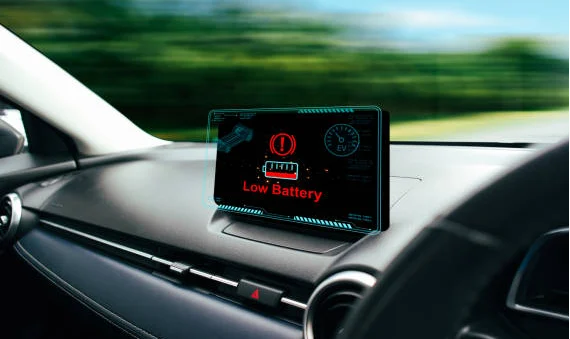
Chinese power battery enterprises, especially CATL, BYD, Guoxun High-tech and other companies, with continuous technological innovation in lithium batteries, scale expansion advantages and cost control advantages, had a significant share of the world market. For example, Ningde Times is the world's largest power battery manufacturer, its share of the world market ranked top, and keep expanding overseas markets. Ningde era's market share in 2023 is close to 32% globally, far more than that of other companies.
There are several key reasons for it: On the one hand, the Chinese government's policy support on the new energy vehicle market, such as subsidy policies, tax benefits, etc., provides fertile ground for enterprise growth. Second, China has an entire industry chain of lithium batteries, from the sourcing of raw materials, production and manufacturing to recycling, and therefore enjoys a systematic industrial edge. Third, demand in the domestic market also provides huge room for Chinese companies to grow, especially in industries such as electric vehicles and energy storage systems.
As the leading battery technology in the current electric vehicle (EV) market, lithium batteries are currently the best option for electric vehicles and energy storage systems because of their high energy density, long cycle life and mature production processes. However, as the market demand keeps expanding and the technological development continues to advance, the issue of whether lithium batteries can be replaced has increasingly triggered industry debate.
Lithium batteries, first of all, will not be substituted in the near future. Its status in today's marketplace is due to technological maturity and economic benefit of mass production. Compared with other technologies of batteries, lithium batteries are unequivocally superior to others with regard to energy density, charging time and cycle life, which makes it highly suitable for electric vehicles and mobile devices. According to industry reports, lithium batteries are set to maintain their dominance in the next five to ten years, especially in electric vehicles.
However, because of the extensive application of lithium battery technology and the limited resources, academia and industry have been actively seeking new battery technologies. Presently, certain alternative battery technologies are gradually entering the research and development stage, the most promising of which are sodium batteries, solid-state batteries and lithium-sulfur batteries.
Sodium battery: As an alternative technology, sodium battery is viewed as a tough competitor of lithium battery because of its abundant source of sodium as the primary raw material and low price. Even though sodium batteries are slightly lower in energy density and cycle life, their reduced production cost and environmental protection are appealing in some low-end application cases. At present, sodium battery technology is immature, there are problems such as slow charging speed and low energy density, but with the advancement of technology, sodium batteries will come into the market more and more in the next few years.
Solid-state batteries: Solid-state batteries use solid electrolytes instead of liquid electrolytes, which theoretically have higher energy density and improved safety. Solid-state batteries can significantly reduce safety issues such as fire, while improving battery life and efficiency. Right now, solid-state batteries also contain high production prices and complex manufacturing processes, yet many companies all over the globe (e.g., Toyota, Samsung, etc.) are intensifying research for this technology, and the future will increasingly dominate traditional lithium batteries, especially on high-performance electric vehicles and top-end consumer electronic products.
Lithium-sulfur batteries: Lithium-sulfur batteries are thought to be among the paths of future battery technology. The lithium sulfur battery has better theoretical energy density as well as less cost in terms of lithium batteries. Technical challenges such as low reaction efficiency and short life of sulfur electrodes exist, yet lithium-sulfur batteries are thought to emerge as a serious contender during the next three or four years with improvement in related technologies.
But despite the fact that these substitute technologies have been researched and developed, lithium batteries will continue to be a competitive market force in the foreseeable future. In the first place, lithium battery technology has long been comparatively mature, the production process is impeccable, and has enormous large-scale production capacity. In the second place, replacement battery technologies have usually long development periods and heavy investment requirements, so that they cannot replace lithium batteries at once in the near future.
China's overwhelming market share in the world power battery industry is a consequence of a series of reasons, specifically its constant innovation in lithium battery technology and massive capacity of production. For the next three years, lithium batteries will still be the leader in the industry in the world electric vehicle and energy storage industry, although other battery technologies are developing rapidly, but they can't substitute lithium batteries fully in the short term. It is anticipated that lithium batteries and emerging battery technologies can come into a competitive correlation in the forthcoming market and promote the diversified progress of battery technology.
In general, lithium batteries will not be replaced in the next few years, but will keep improving and developing, and facilitate emerging technologies to drive the global electrification process together.

Solar and Energy Storage Cooperation Potential in Kenya: Future Green Technologies Redesign for Kenya in Renewables
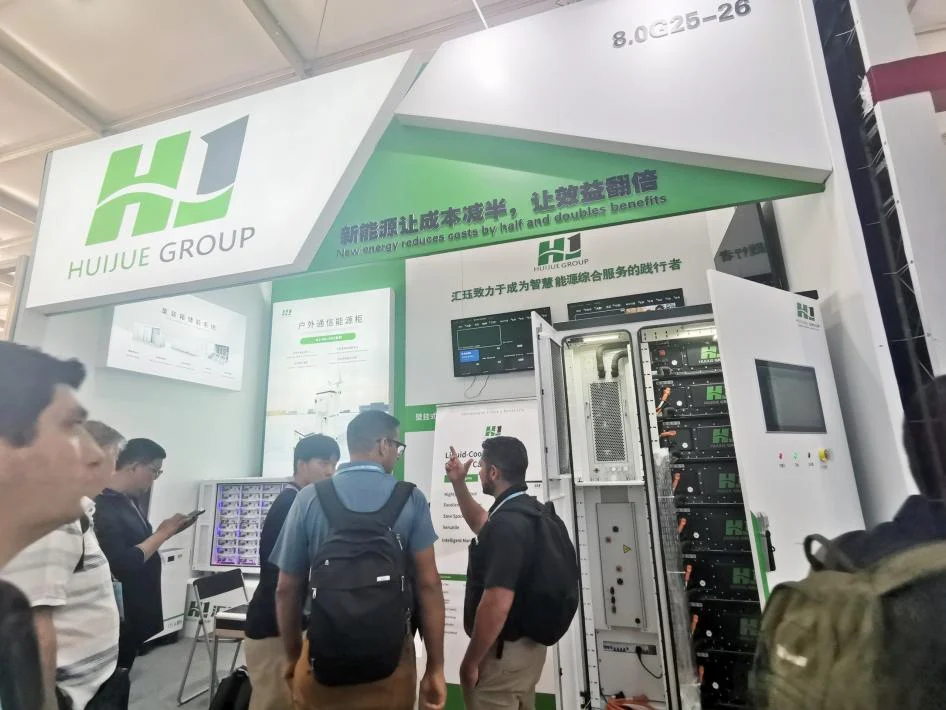
Huijue Group attracted attention on the first day of the Canton Fair – folding photovoltaic containers became the focus
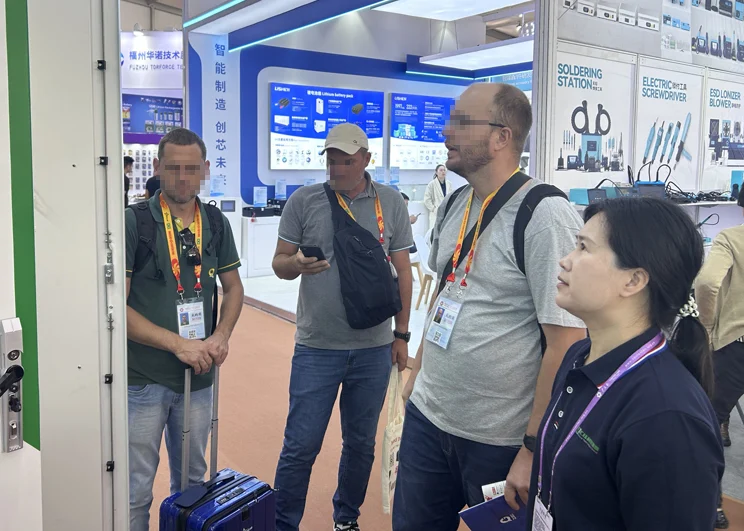
The third day of the Shanghai Huijue Canton Fair kept on getting increasingly hot
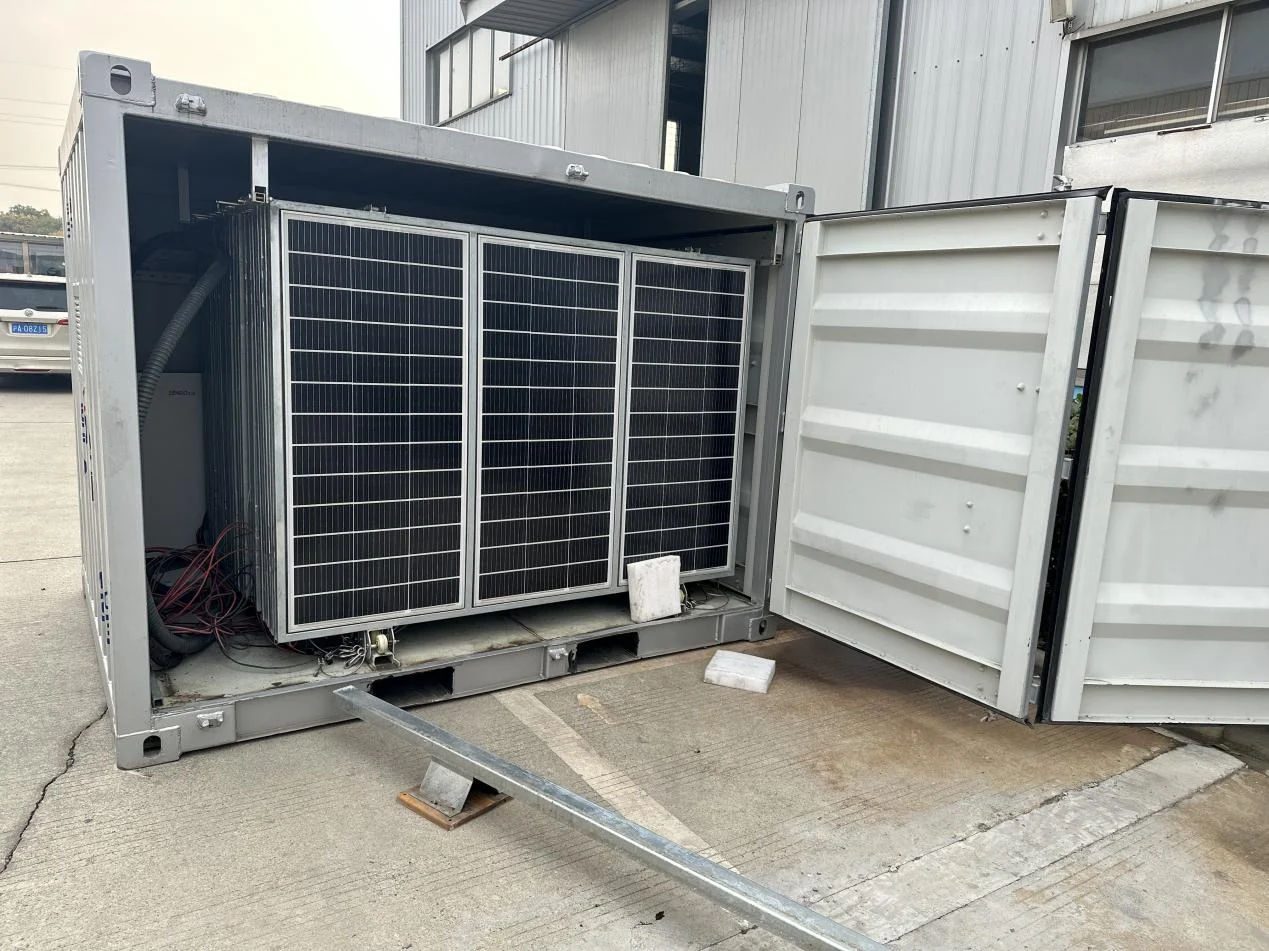
The Best Portable Power Stations for Field Application
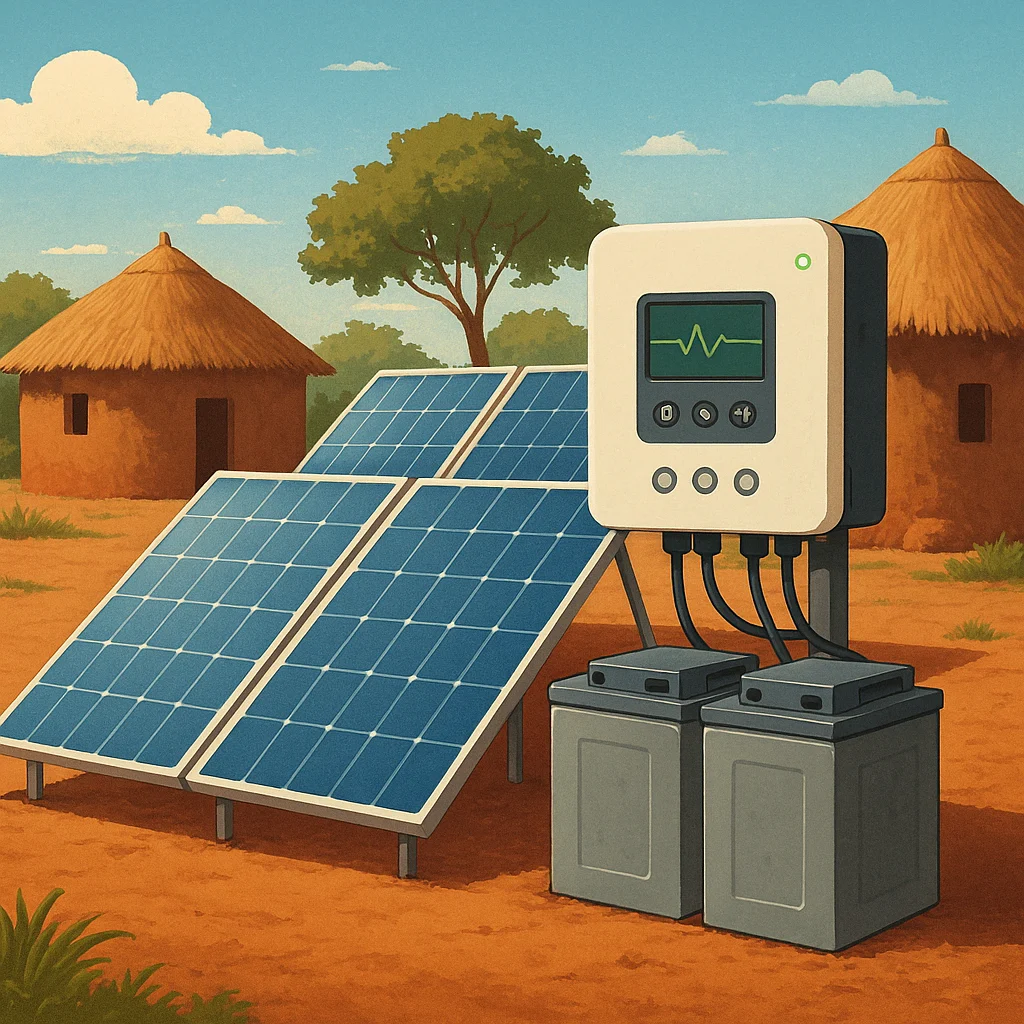
How Smart Inverters Are Transforming Ghana’s Solar Power Sector